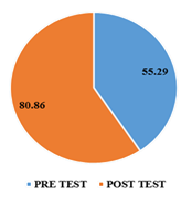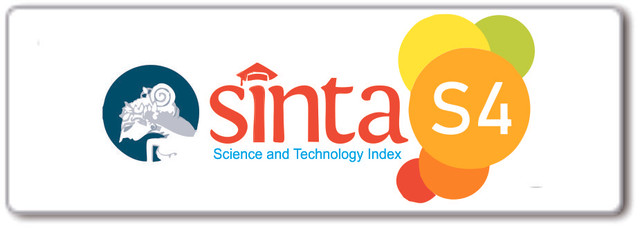Implementation of project-based learning in Aquaculture Course at Tual State Polytechnique of Fisheries
Abstract
Project-based learning model emphasizes practical experience and real projects. By implementing this learning model, skills that are much needed in society and the world of work today can be developed well in higher education. The Aquaculture Technology study program at the Politeknik Perikanan Negeri Tual must prepare graduates who are competent at work. The aquaculture course offers location planning concepts, culture methods, feeding management, water quality management, disease control, harvesting, packing and transportation of harvested produce. These concepts can be learned by applying a project-based learning model using the Recirculating Aquaculture System (RAS) for fish culture. Thus, this study was aimed to analyze the effectiveness of project-based learning model implementation to improve the student learning outcomes in aquaculture course. In this study, seven students of 4th semester from the Aquaculture Technology Study Program was selected. The learning outcomes assessed include the cognitive domain using pre-test and post-test questions, while affective and psychomotor assessment used the 21st century skills, literacy skills, life skills, reports and presentations. All data were analyzed descriptively. The results indicate that the project-based learning model is effectively applied in aquaculture course, as shown by the average initial test score of 55.29 and an increase in the final test score of 80.86; 21st century skills of 81.79; literacy skills of 74.95; life skills of 75.49; reports and presentations amounted to 74.14. In lecture activities, students are productive and creative in developing knowledge, attitudes, and skills in an integrated manner.
Downloads

Copyright (c) 2025 Helena Afia Sahusilawane

This work is licensed under a Creative Commons Attribution-NonCommercial-ShareAlike 4.0 International License.
Authors who publish with BIOEDUPAT: Pattimura Journal of Biology and Learning agree to the following terms:
- Authors retain copyright and grant the journal right of first publication with the work simultaneously licensed under a Creative Commons Attribution License (CC BY-NC-SA 4.0) that allows others to share the work with an acknowledgment of the work's authorship and initial publication in this journal.
- Authors are able to enter into separate, additional contractual arrangements for the non-exclusive distribution of the journal's published version of the work (e.g., post it to an institutional repository or publish it in a book), with an acknowledgment of its initial publication in this journal.
- Authors are permitted and encouraged to post their work online (e.g., in institutional repositories or on their website) prior to and during the submission process, as it can lead to productive exchanges, as well as earlier and greater citation of published work.








 This work is licensed under a
This work is licensed under a 